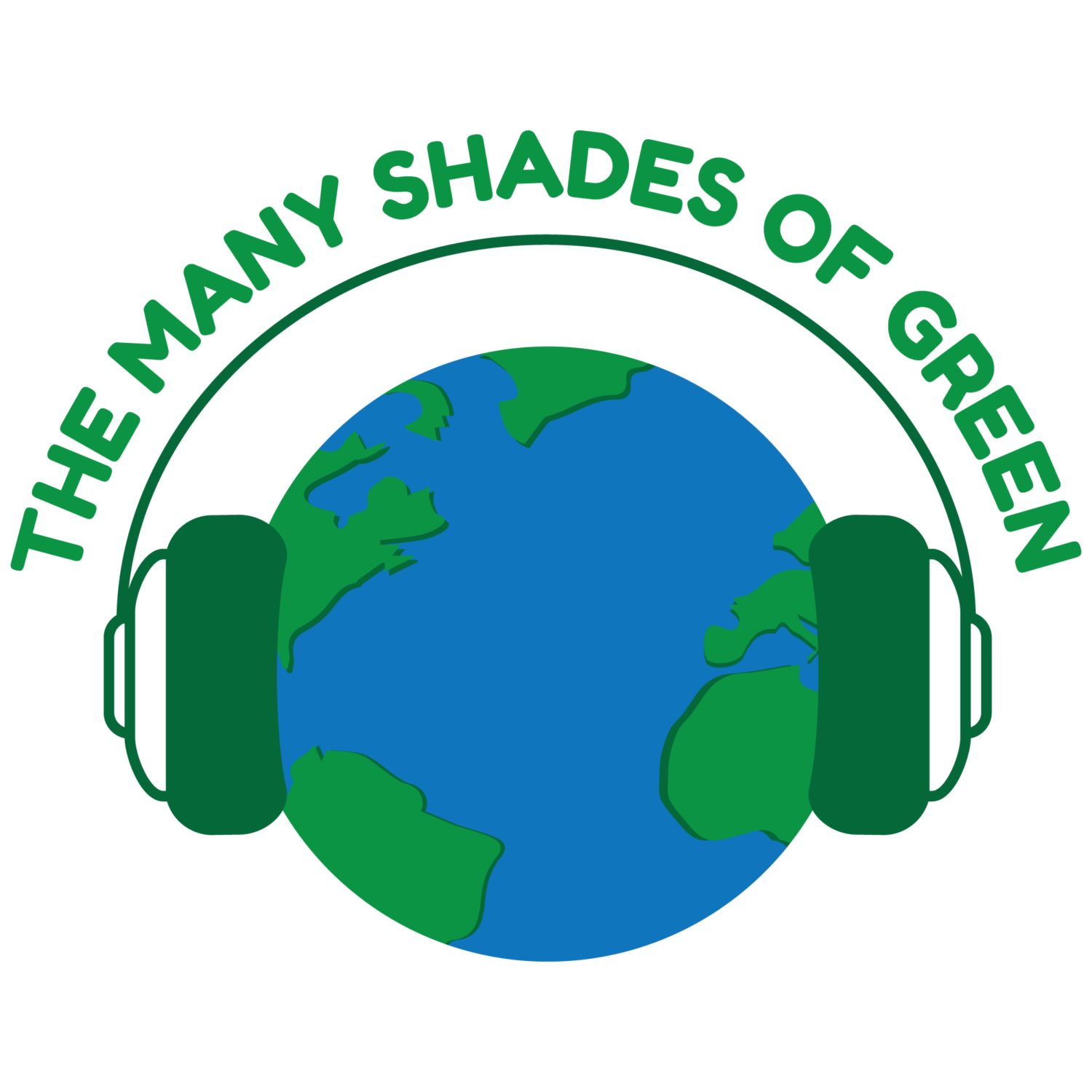We are living in stressful times, and connecting with nature is a way to become calmer and more centered. Being in a forest, on a beach or any open space adds to ones sense of well being, and provides a needed respite from the day to day grind of life. While being locked up during covid was horrific on so many levels, it brought more people outdoors, as walks in the woods or any open space provided exercise and benefits to your psyche. Children especially needed to connect to the outdoors and play in a park, make a snowman, build a sand castle, climb a tree, spot fireflies or listen to the songs of the birds. In our busy work-a-day lives, it’s good to know that there are people who help us connect with nature, and with each other. In this episode we talk to Eric Stone, who is a true nature connector. Eric is the founder of The Rewilding School, an outdoor education organization he runs with his partner Megan, which is dedicated to building connections between people and the traditional lands of the Wappinger and Lenape that we now call The Lower Hudson Valley. The Rewilding School runs preschool programs, hands-on summer programs, parent child classes, and workshops for school-age kids. For more info go to rewildingschool.com and @rewildingschool
To listen to current and past shows go to hudsonriverradio.com and malcolmpresents.com. Follow TMSOG on Facebook and Instagram @tmshadesofgreen. Subscribe to our podcast on all major podcast apps. #RaiseYourEcoConsciousness

